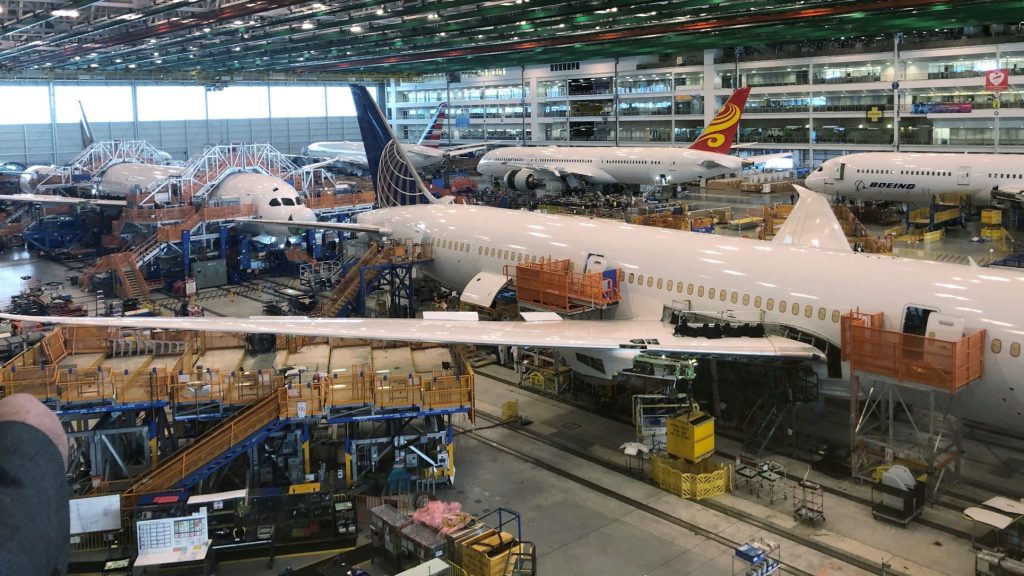
Meeting Boeing Co and Airbus SE’s planned jet output hikes this year will not be a “slam dunk” for the aerospace supply chain, a Morgan Stanley survey of 80 suppliers showed on Thursday.
While the aerospace sector seeks to speed up its recovery from a pandemic-led slowdown as a travel boom spurs demand for jets, inflationary pressures and labour availability are impeding their progress and have dampened sentiment, the survey showed.
“This comes as a surprise as we would have expected for sentiment to improve considering the industry focus on labour, inflation and supply chain,” Morgan Stanley analyst Kristine Liwag said in a note.
Boeing and Airbus have struggled to raise jet production amid parts and labour shortages. The U.S. plane maker aims to raise production of its bestselling 737 MAX narrowbody jetliner from a stable rate of about 31 jets a month to 38 by the year end.
Arch-rival Airbus, meanwhile, said on Thursday it was slowing the production ramp-up of its top-selling model.
Worker shortages continue to be the “biggest constraint” for Tool Gauge, a company responsible for crafting interior components for the 737 MAX and 787, Chief Executive Debbie Lee told Reuters earlier this month.
About 63% of those who responded to the Morgan Stanley survey, conducted at the Pacific Northwest Aerospace Alliance Annual Conference outside of Seattle, were smaller suppliers with less than $100 million in annual revenue.
“There’s always about a dozen suppliers that are in deep distress that we’re having to work with,” the boss of Spirit AeroSystems said earlier this month.
Boeing shares were down 1.1% in morning trade amid broader market declines.
(Reporting by Abhijith Ganapavaram in Bengaluru and Valerie Insinna in Washington; Editing by Shinjini Ganguli)